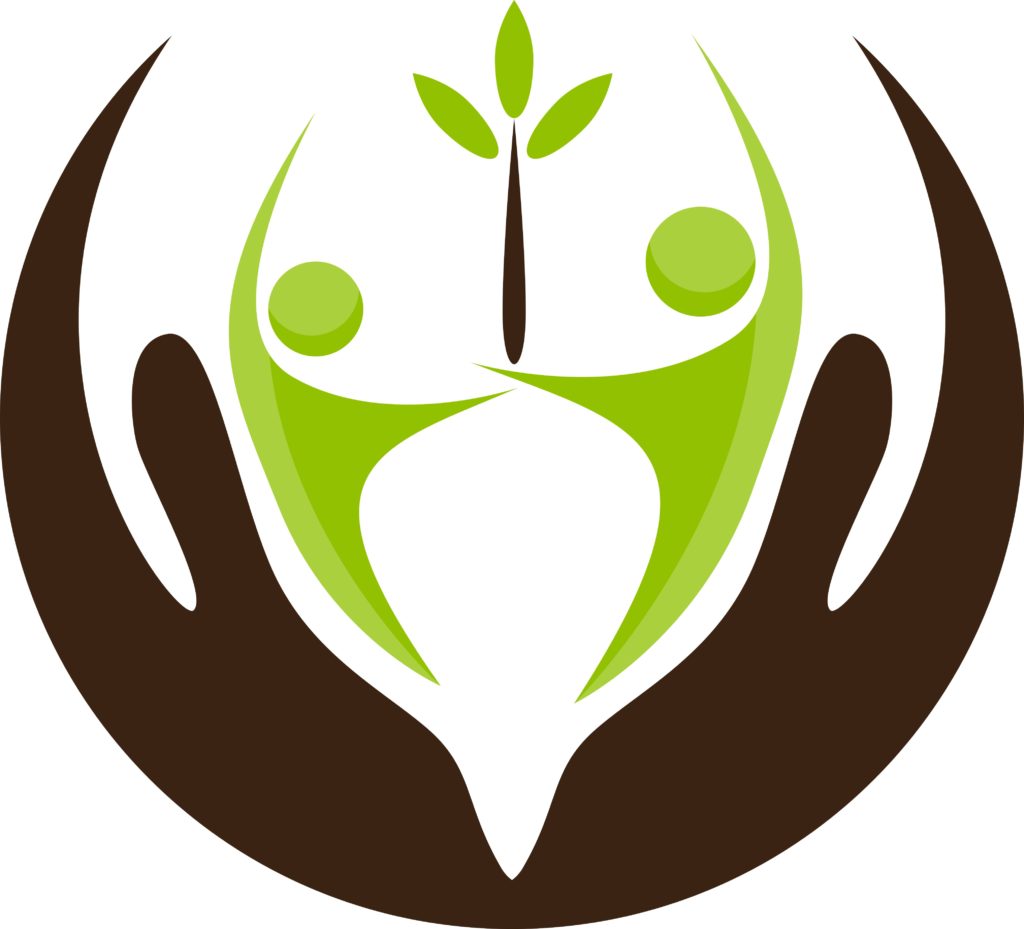“The scientific study of compassion suggests that compassion may be of crucial importance for our individual physical and psychological health.”
In this increasingly-polarized world, active listening and compassion may be two of the most needed tools. Listening because without it we are constantly judging and jumping and responding before we take time to actually hear another’s point of view and try to expand our own perspective.
Compassion because it provides stress reduction and greater understanding of self and others.
New research makes the case that, since the most pressing human problems today are the result of human choices and values, then solutions need to be beyond those created in the legal, economic or political systems. Solutions need to encompass interpersonal work. Compassion training works on the self as a solution to extending our ability to care for others – especially those who are different from ourselves.
According to Geshe Lobsang Negi, founder of Cognitive Based Compassion Training (CBCT) at Emory, humans are biologically programmed to care for others. It is how we have survived as a species. But often our care is only for those who are “us,” or part of our tribe or family. CBCT works to extend that field of care; to broaden and widen it to include others.
Studies exploring the ethical dimensions of compassion and neurological responses from meditation practices with a focus on extending compassion to oneself and others demonstrate positive benefits on multiple fronts. Benefits include reducing depression and enhanced immune function, among others.
So how do you do it? Mindfulness practices are at the center of compassion training. While any mindfulness training helps to bring clarity and calmness, here is a specific compassion meditation from Greater Good in Action which I have used in my spiritual practice. The prayer is simple:
May you be free from this suffering.
May you have joy and happiness.
You direct this prayer to yourself, to loved ones, to a neutral person, to a person with whom you are struggling and to all beings.
Key to any practice is becoming more self-aware. Increased self-awareness helps “lengthen the fuse” of reacting and also helps one become aware of biases, judgments and prejudices. This self-awareness also helps us see yourself in others and thus to extend our field of care. It also helps us be more centered and less quick to react which in turn enhances communication.
Start becoming more mindful today.

